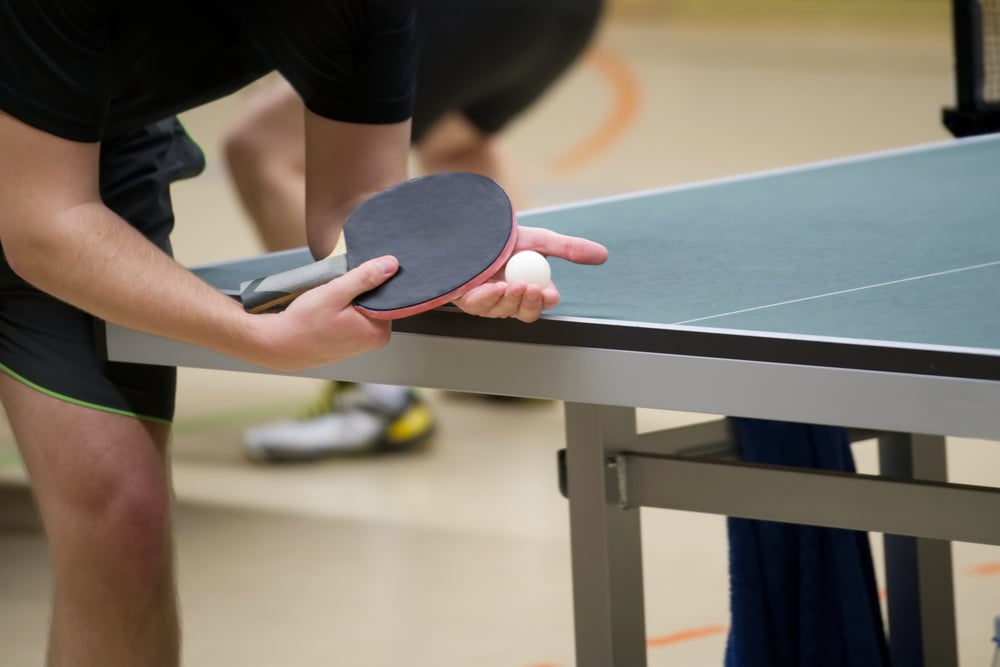Local media identify suspect
The New South Wales (NSW) Organized Crime Squad on December 16 arrested and charged a man for his suspected involvement in a match-fixing operation involving placing corrupt bets on international table tennis tournaments.
While police have not named the suspect, Australian media have identified the man as Adam Green, 40, a former professional table tennis player. Organized crime detectives raided several properties in NSW before arresting the Australian national in the city of Newcastle and charging him with using corrupt conduct information to bet on events and knowingly dealing with the proceeds of crime with intent to conceal. They allege Green used the names of residents at the raided properties with their knowledge to place his wagers.
Green reportedly pocketed AU$500,000 (US$378,000) from the illegal operation.
According to The Australian, organized crime squad commander Detective Superintendent Martin Fileman said the charges brought against Green include “using his influence to conduct corrupt betting on sporting events.” Green reportedly pocketed AU$500,000 (US$378,000) from the illegal operation.
Suspicious activity tip-off
In the Wednesday raids, NSW detectives seized AU$12,000 (US$9,016) in cash, documentation, and electronic devices. The arrest follows a tip-off from sportsbooks six months ago, which alerted police about alleged suspicious wagering activity on table tennis matches played in Europe. The authorities have reason to believe the operation has been active for almost one year.
DS Fileman said the searches revealed that “direct money transfers from the head of the syndicate [were sent] to people very, very closely linked to these table tennis games in Ukraine.” He described the operation leader as “a previously ranked tennis player in Australia” who had played in Ukraine. Police also allege that Green “used his inside knowledge to gain information about table tennis matches that had a predetermined outcome.”
direct money transfers from the head of the syndicate”
Authorities have granted Green bail, and he will appear in Newcastle Local Court on January 28, 2021. The ongoing investigation is looking at whether table tennis players received match-fixing money from Green and others once they had placed their bets with Australian sportsbooks. Green stands accused of betting via wagering accounts registered under his name and those of his associates.
If found guilty, Green could get a 20-year prison sentence for his actions.
Match-fixing outbreak
According to widespread reports, the lack of conventional sporting events since the outbreak of COVID-19 meant more and more bettors turned to table tennis, besides other more obscure international sporting events.
Sporting events that are also attracting match-fixing headlines include darts and tennis. In November, the Darts Regulation Authority hit Northern Ireland darts pro Kyle McKinstry with an eight-year ban for fixing two matches in the online Modus A Night at the Darts series in late April, early May.
Earlier in July, match-fixing watchdog the Tennis Integrity Unit launched a probe into 24 suspicious cases of match-fixing during exhibition matches organized between April and June, when both men’s and women’s tours were suspended because of COVID-19. Players from the Association of Tennis Professionals and the Women’s Tennis Association may compete in exhibitions when tours are not active.
